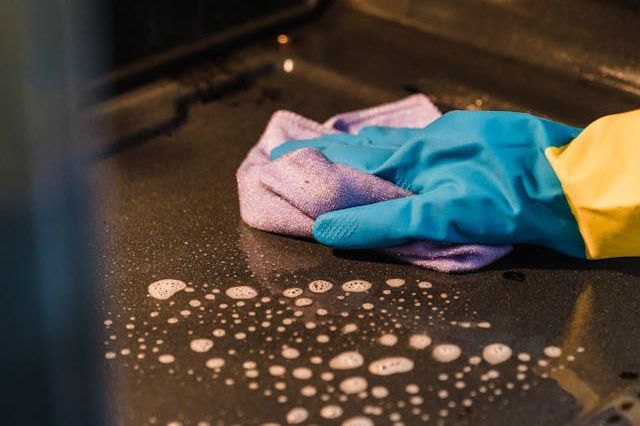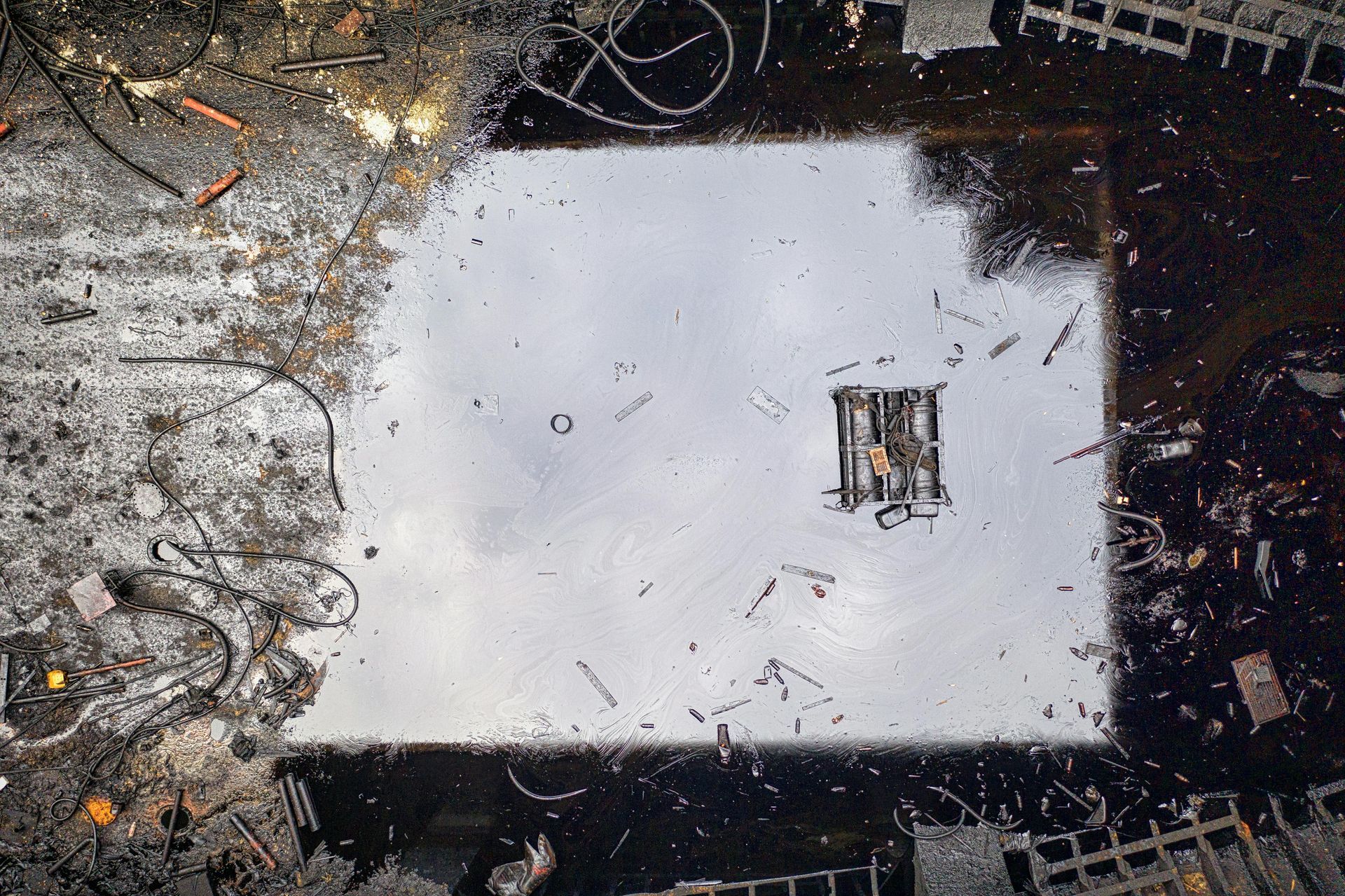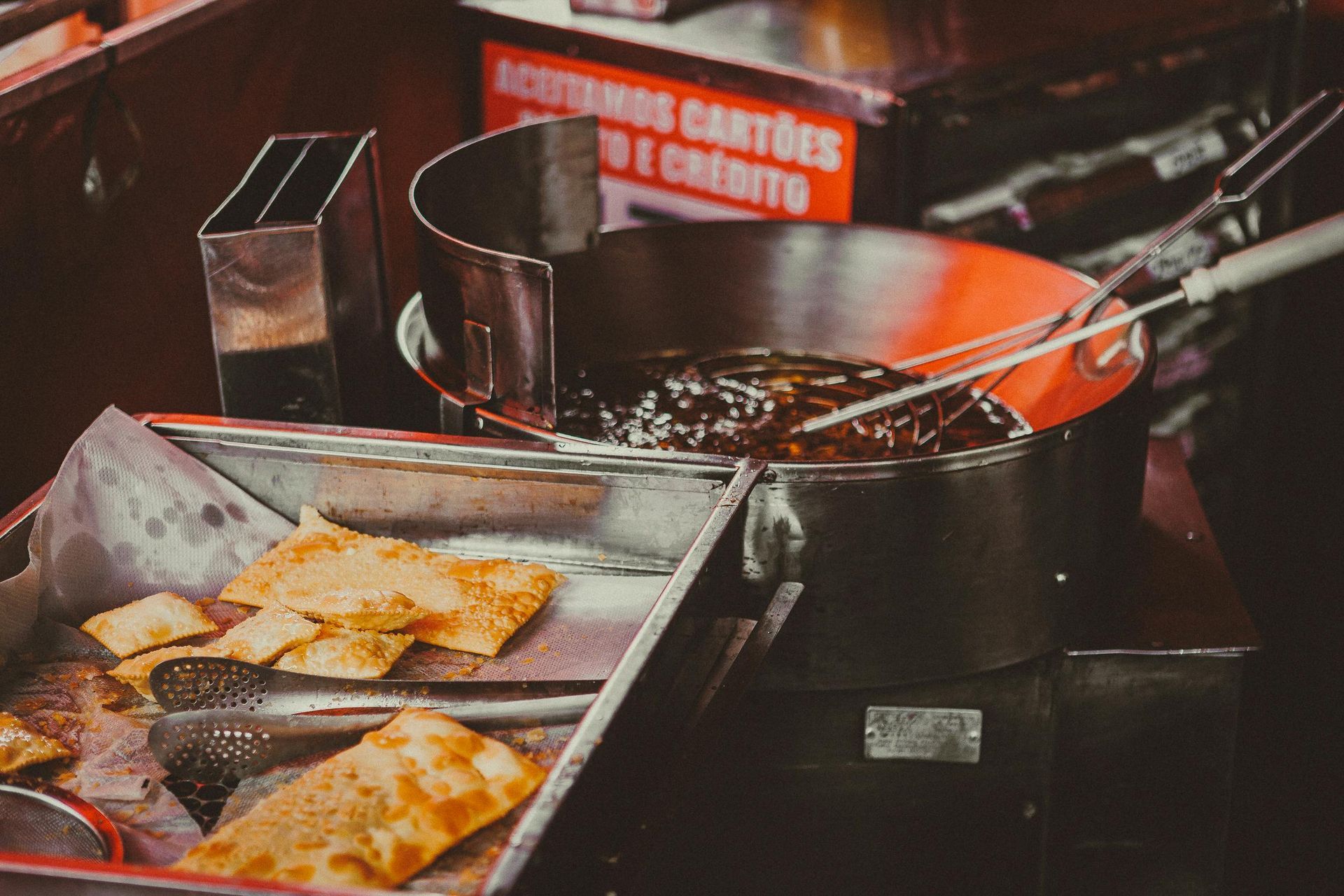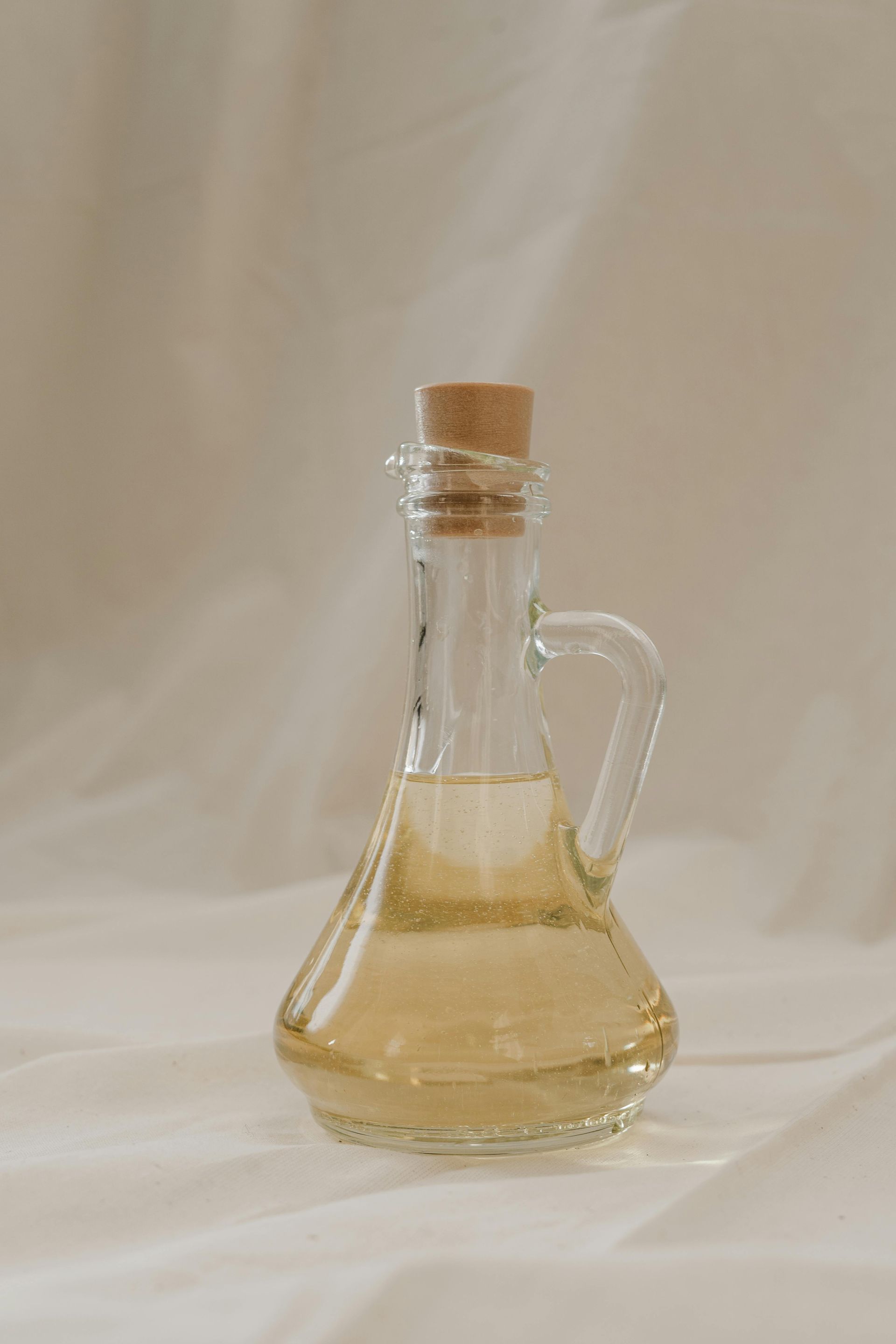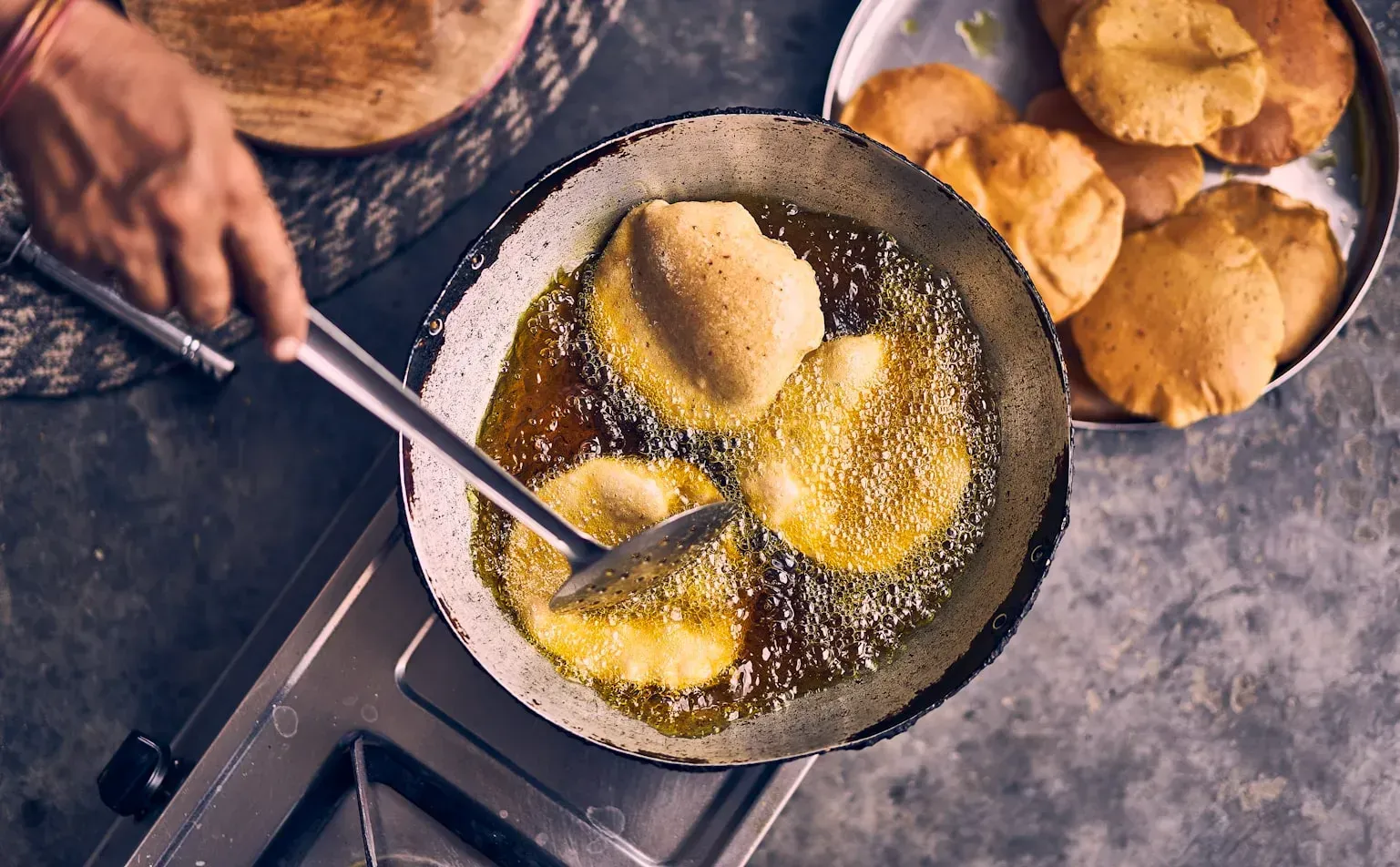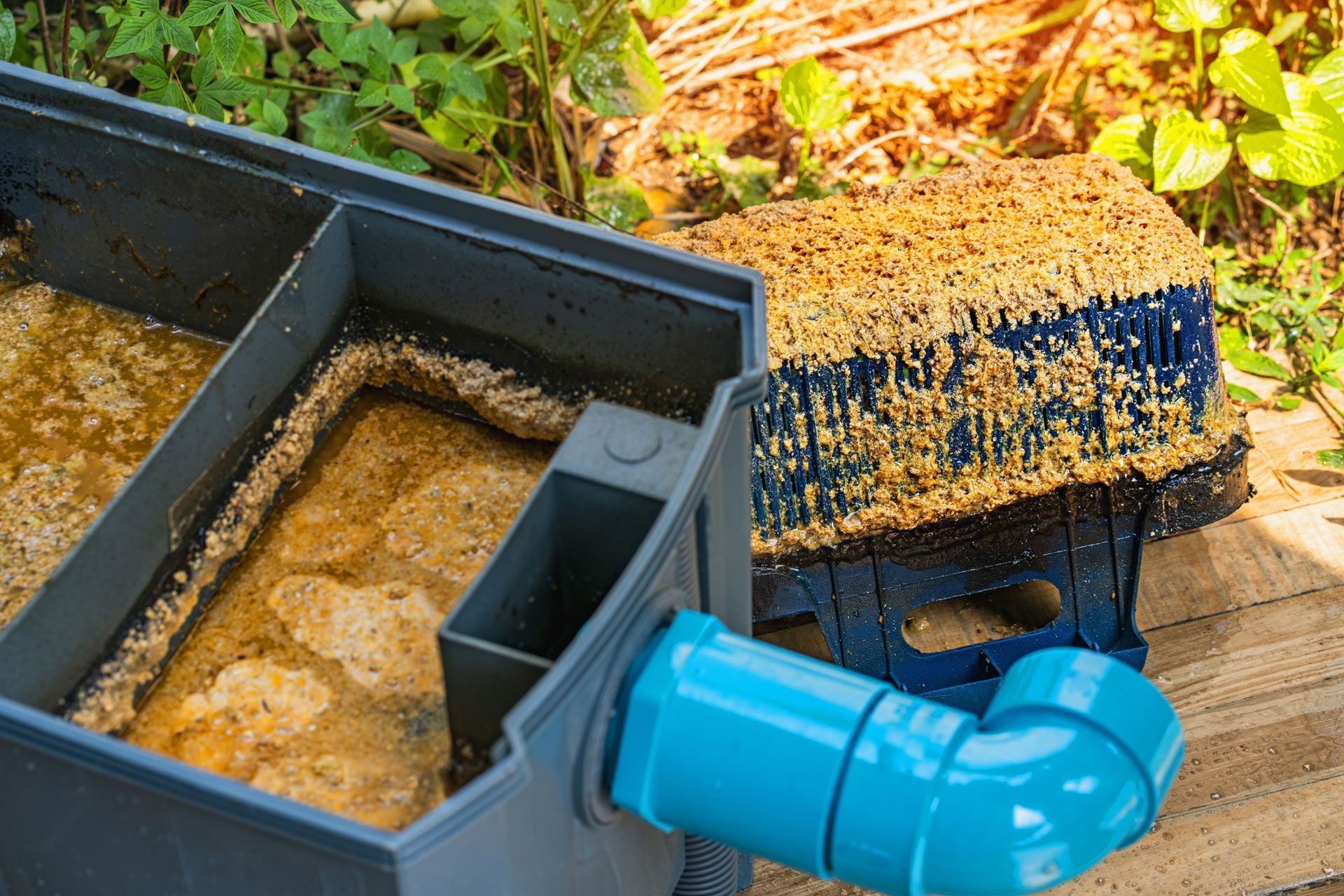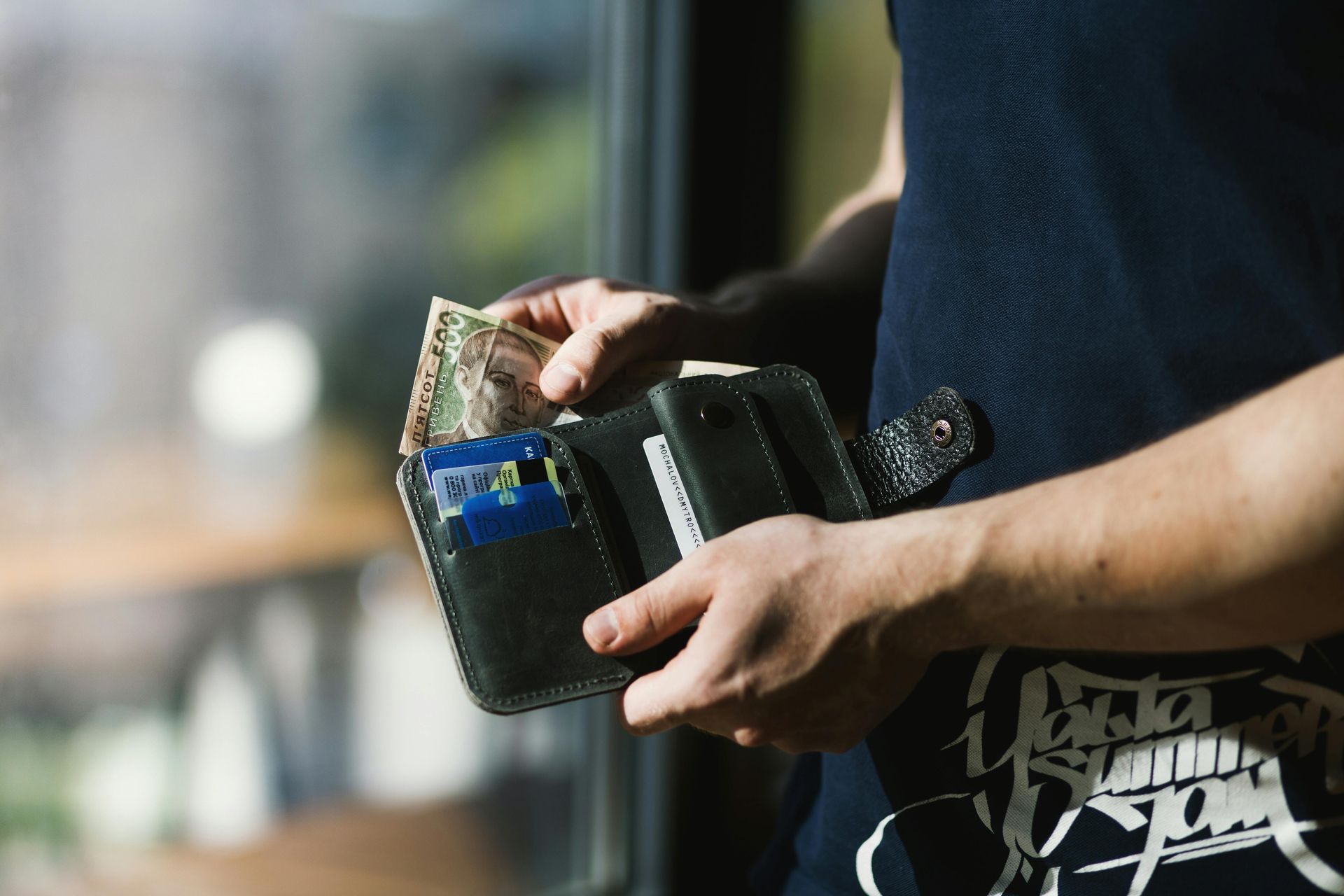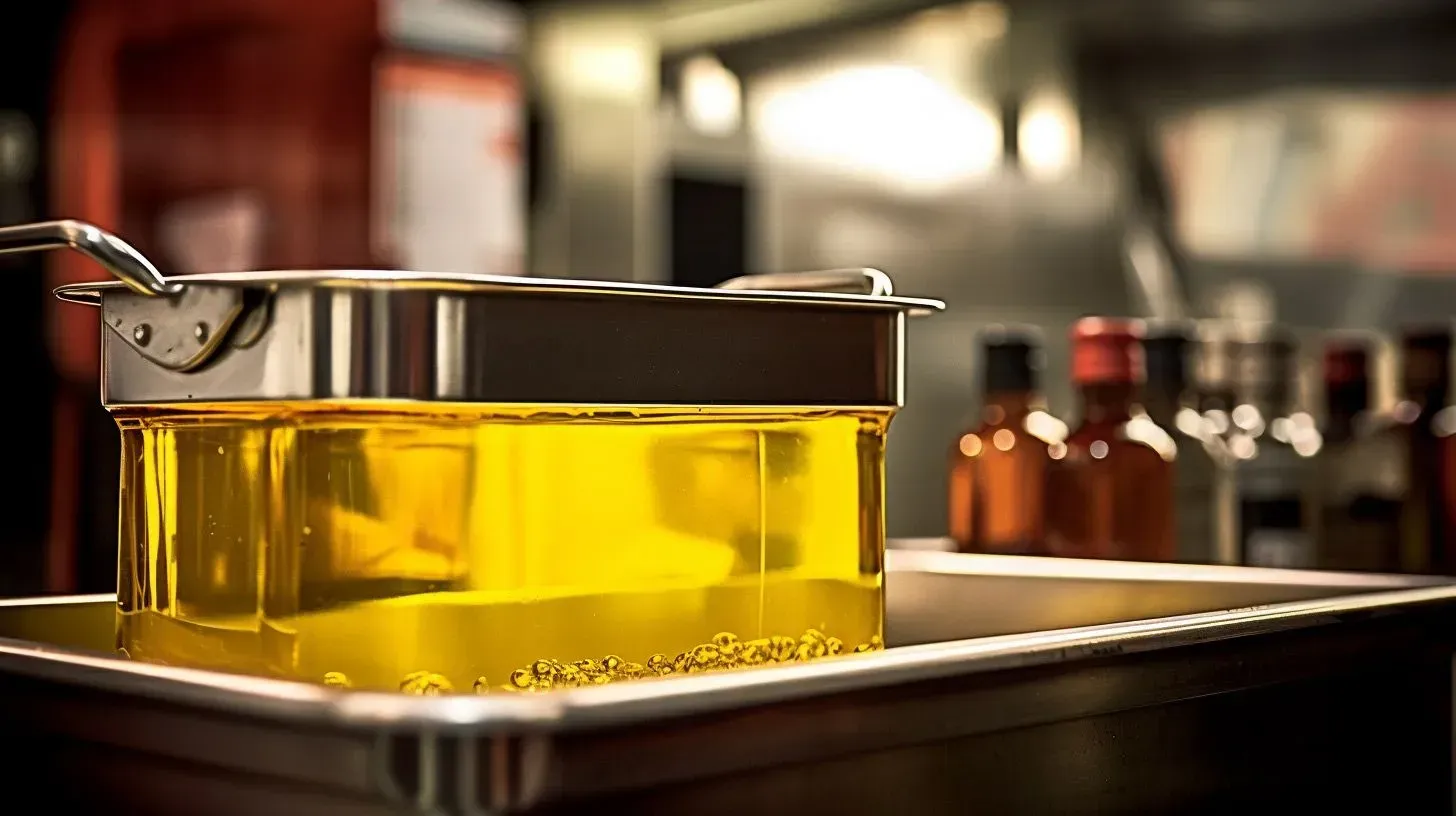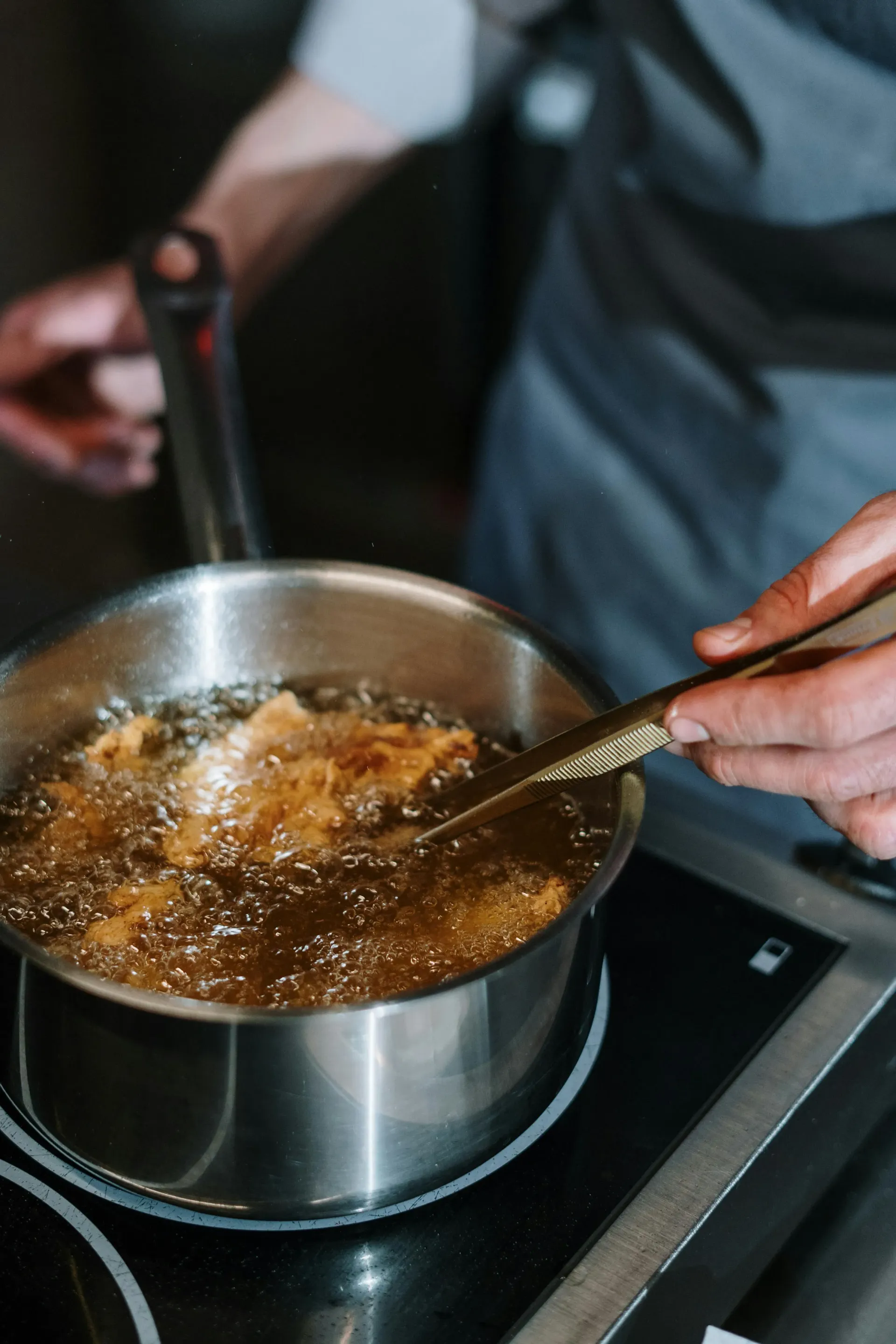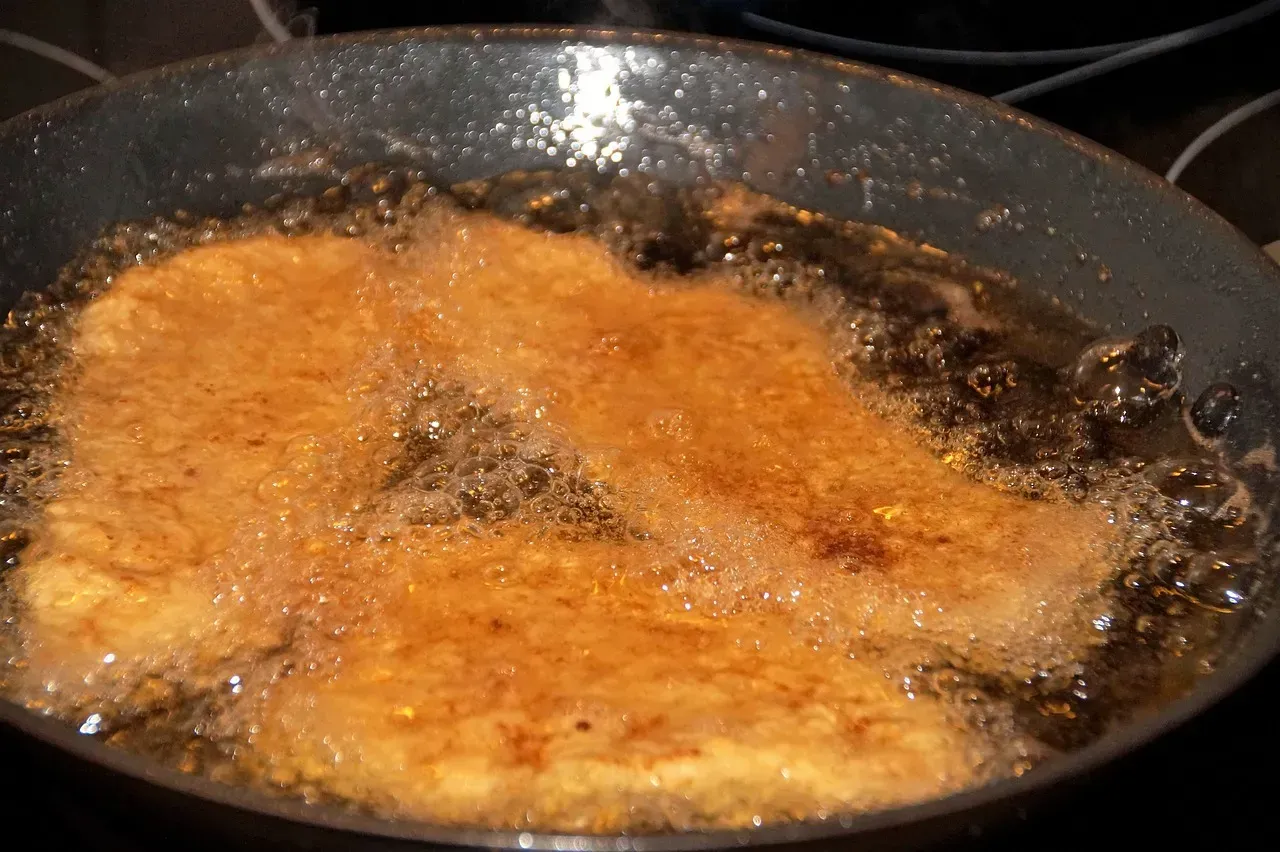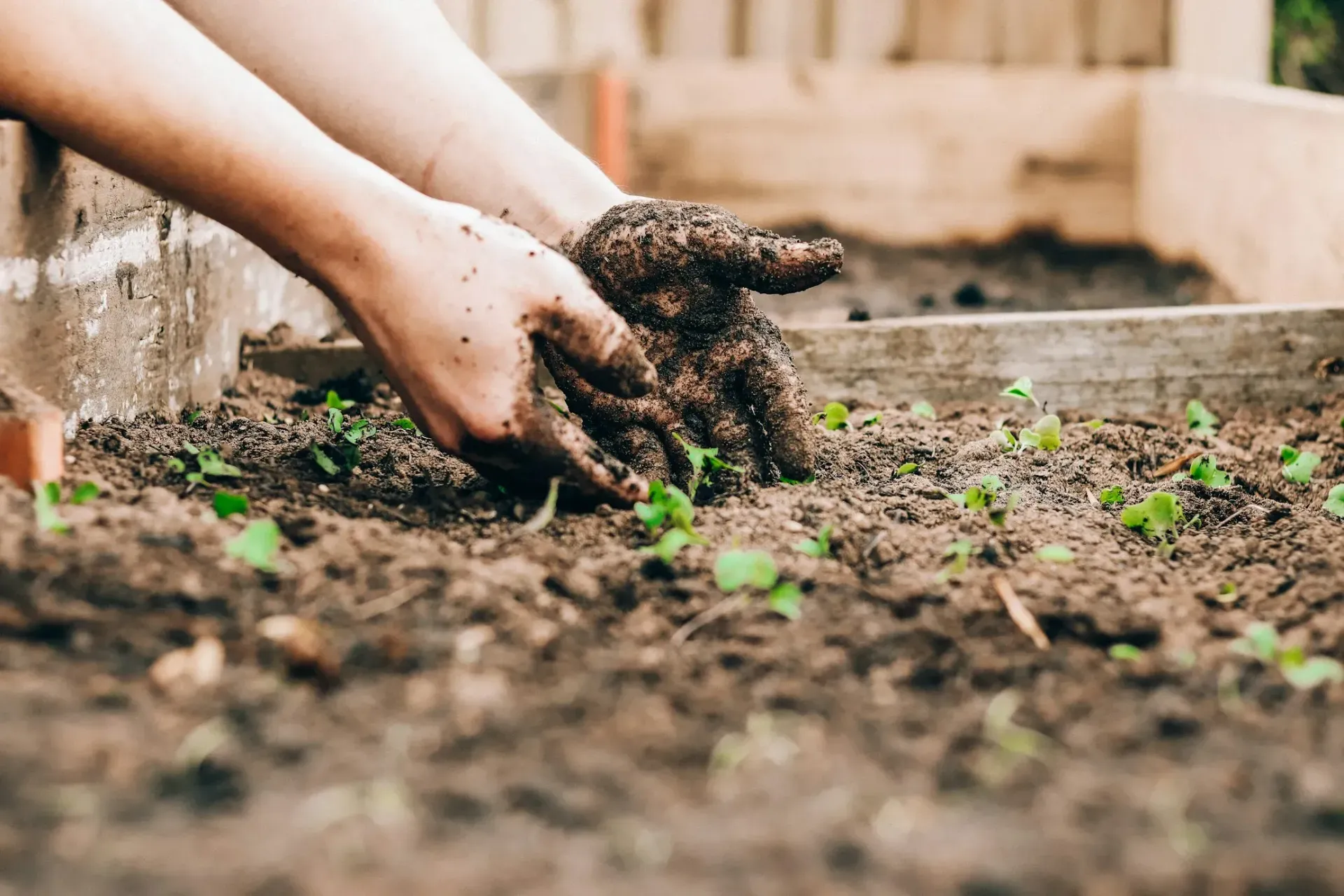
Can I Pour Cooking Oil in the Garden?
Pouring cooking oil in the garden might seem harmless. You might think it's natural and won't hurt anything. But getting rid of cooking oil this way can actually cause problems. It's important to understand these effects to keep your garden healthy and protect the environment.
What Happens When You Pour Cooking Oil in the Garden?
When you pour cooking oil in the garden, it doesn't just disappear. The oil coats the soil, creating a barrier that blocks water and air from reaching the roots of your plants. Without these essentials, plants can struggle to grow and might even die.
The oil can also attract pests. Insects and rodents are drawn to the smell, which can lead to infestations that are hard to control. Additionally, cooking oil can harm beneficial insects like earthworms, which help keep your soil healthy.
Finally, cooking oil can pollute local waterways. When it rains, the oil can run off into storm drains, creeks, and rivers. This pollution harms fish and other aquatic life, disrupting the natural ecosystem.
Why Pouring Cooking Oil in the Garden is Not Recommended
Pouring cooking oil in the garden is not recommended for several reasons. First, the oil can damage the soil structure. Healthy soil needs to breathe, and oil creates a layer that blocks air and water from getting through. This makes it hard for plants to absorb the nutrients they need.
Second, oil can attract unwanted pests. The smell of used cooking oil can lure insects and rodents into your garden. These pests can damage your plants and create more problems than you started with.
Third, cooking oil can harm the microorganisms that live in the soil. These tiny creatures help break down organic matter and keep your garden healthy. When you pour oil on the soil, it can kill these beneficial organisms.
Finally, improper disposal of cooking oil can lead to water pollution. When it rains, the oil can wash into storm drains, creeks, and rivers. This not only affects your garden but also harms local wildlife and water quality.
Safe Disposal Methods for Cooking Oil
Disposing of cooking oil properly is crucial to avoid harming your garden and the environment. Here are some safe disposal methods:
Solidify and Trash It
Let the cooking oil cool down and then pour it into a container like a milk carton or an empty can. Once it's full, seal it and throw it in the trash. This method keeps oil out of your garden and waterways.
Community Recycling Programs
Many communities offer recycling programs for cooking oil. Check with your local waste management services to see if they collect used oil. Recycling centers often convert cooking oil into biodiesel, a more eco-friendly fuel option.
Special Disposal Centers
Some areas have designated disposal centers for hazardous waste, including used cooking oil. Drop off your oil at these centers to ensure it’s handled properly.
Commercial Recycling Services
If you generate a lot of cooking oil, consider using a commercial recycling service. These companies collect used oil from restaurants and other businesses, ensuring it’s recycled responsibly.
Alternatives to Disposing of Cooking Oil
Instead of just throwing away your used cooking oil, consider these alternatives that can be both practical and environmentally friendly:
Reuse the Oil
If the oil is still in good condition, you can reuse it for cooking. Strain out any food particles and store it in a clean, sealed container. Just make sure to use it within a reasonable time frame to avoid spoilage.
Composting
Small amounts of vegetable-based cooking oil can be added to compost piles, but be cautious. Too much oil can disrupt the composting process and attract pests. Mix it well with other compost materials to ensure it breaks down properly.
Biodiesel Conversion:
Some companies convert used cooking oil into biodiesel. This alternative fuel can be used in diesel engines and is much better for the environment. Look for local programs or services that accept used oil for biodiesel production.
Soap Making
Used cooking oil can be a key ingredient in homemade soap. There are many tutorials available online that guide you through the process of turning your old oil into soap, which can be a fun and useful project.
Animal Feed
In some cases, used cooking oil can be added to animal feed. However, this should only be done with guidance from a veterinarian or animal nutrition expert to ensure it's safe and beneficial for the animals.
Eco-Friendly Ways to Handle Used Cooking Oil
Handling used cooking oil in an eco-friendly way helps protect the environment and supports sustainable practices. Here are some tips:
Minimize Waste
Plan your cooking to use only the amount of oil you need. This reduces the amount of leftover oil you need to dispose of.
Store Properly
Keep used cooking oil in a sealed container. This prevents spills and makes it easier to transport for recycling or disposal.
Choose Biodegradable Oils
Use biodegradable cooking oils when possible. These oils break down more easily and are less harmful to the environment.
Educate Others
Share information about safe and eco-friendly disposal methods with friends and family. The more people know, the better it is for the environment.
Participate in Local Programs
Support and participate in local recycling and disposal programs. Community efforts can make a significant impact.
Avoid Pouring Down the Drain
Never pour cooking oil down the drain. It can clog pipes and cause problems in the sewage system. Always choose one of the safe disposal methods mentioned earlier.
Conclusion
Proper disposal of cooking oil is essential for maintaining a healthy garden and protecting the environment. Pouring oil in the garden can harm plants, attract pests, and pollute waterways. Instead, use safe disposal methods like solidifying and trashing it, recycling through community programs, or taking it to special disposal centers. Consider eco-friendly alternatives like reusing, composting, converting to biodiesel, or even making soap. By handling used cooking oil responsibly, you contribute to a cleaner, healthier environment.
Call to Action
Ready to dispose of your cooking oil responsibly?
Don't wait! Contact Grease Guys today for professional grease trap cleaning, oil collection, and grease trap pumping services. Whether you're in Spokane, Washington, or Sand Pointe, our team is here to help you keep your environment clean and green.
Call Grease Guys now to schedule your cooking oil collection or grease trap service. Together, we can make a difference!

